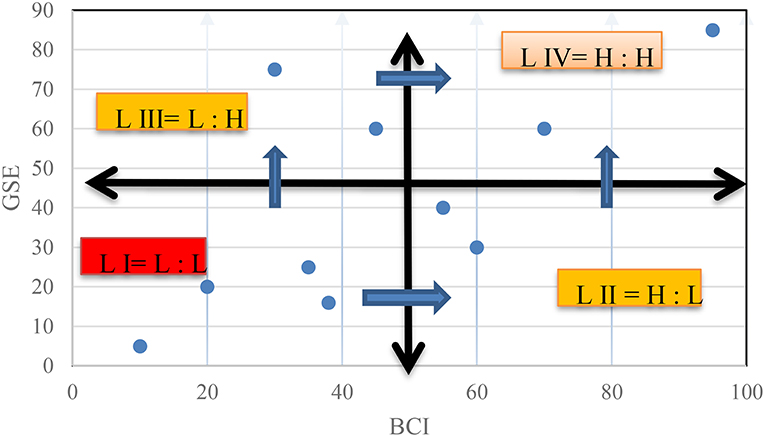Authors: Matthew Kurian, Christopher Scott, V. Ratna Reddy, Graham Alabaster, Adelaide Nardocci, Kent Portney, Rizaldi Boer, Bryce Hannibal
Abstract: Synergies are required to ensure coordination between UN agencies (on norms and indicators), Member States (on coherence of policy instruments) and consumers (on perceptions of safety and affordability of services) to advance the achievement of Sustainable Development Goal (SDG) target 6.3 which focusses on reuse of wastewater. In this paper we employ theoretical insights derived from an agent-based modeling approach to undertake a critical examination of the recent UN-WATER directive on SDG target 6.3 and advocate for an improved understanding of factors that determine whether and how effective wastewater reuse will be possible while accommodating for regional variation and institutional change. We demonstrate that by applying the Nexus approach it is feasible to overcome siloes by forging concepts of trade-offs and synergies to draw out coupled perspectives of bio-physical and institutional dimensions of water-energy-food interactions. By employing this proposition, the paper advocates for place-based observatories as a mechanism that can support valorization of data and methodological assumptions as a precursor to robust monitoring of the SDG’s. The systematic use of literature reviews and expert opinion to develop and pilot-test composite indices via place-based observatories raises the prospect of a data light approach to monitoring SDGs; specifically, what are the merits of relying on extensive survey data compared to composite indices that while being amenable to supporting benchmarking and scenario analysis can provide the insight needed to inform decision-making and robust monitoring of global goals?

